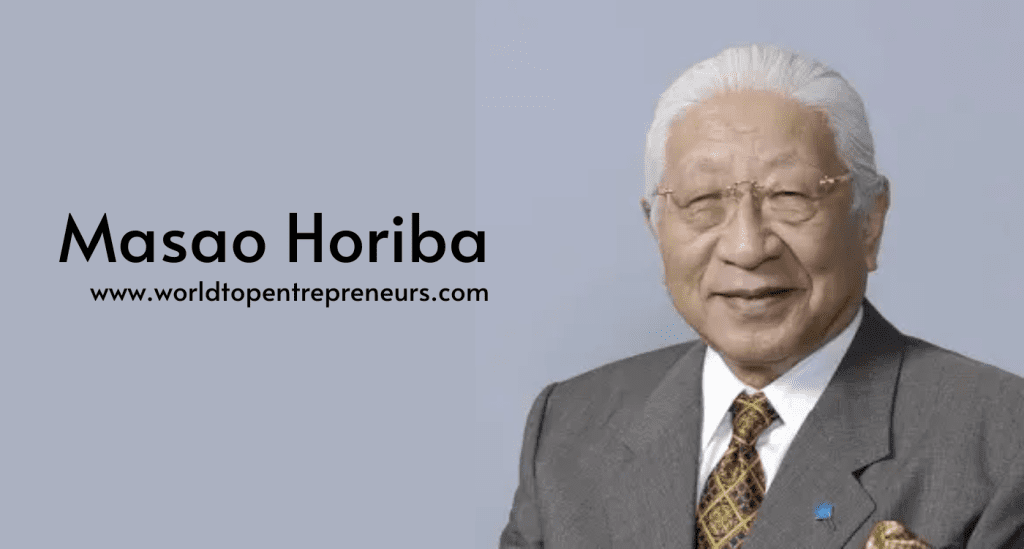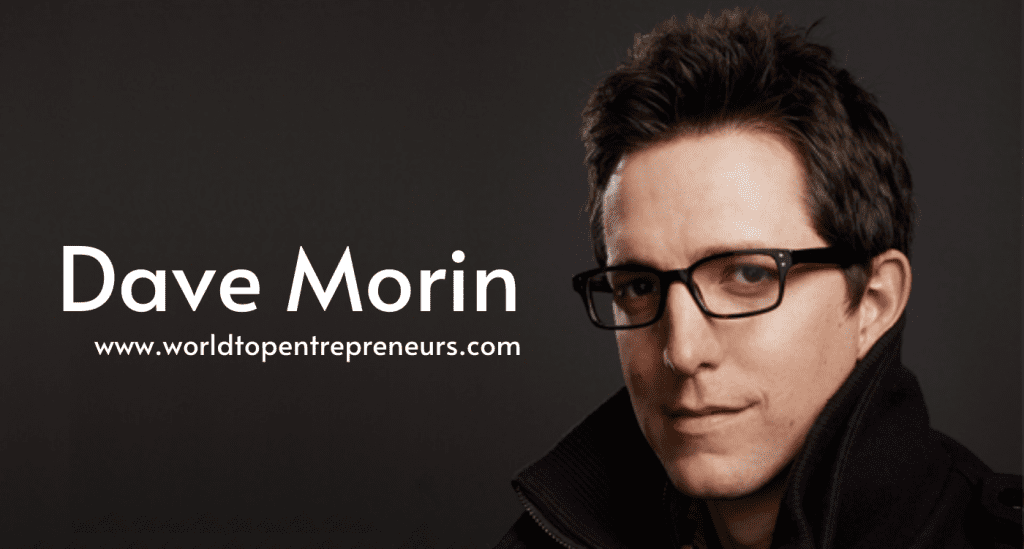Introduction
Masao Horiba, the founder of Horiba, Ltd., stands as a monumental figure in the world of scientific instrumentation. His visionary approach and entrepreneurial spirit laid the foundation for one of the leading companies in the field of analytical and measurement instruments. This article explores Masao Horiba’s journey, achievements, and the enduring legacy of Horiba, Ltd., highlighting how his innovative mindset revolutionized scientific instrumentation and analytical technology.
Early Life and Education
Humble Beginnings
Masao Horiba was born on November 7, 1929, in Kyoto, Japan. His early years were shaped by the cultural and economic milieu of post-war Japan, a period that emphasized resilience and rebuilding. Horiba grew up in a family that valued education and innovation, which played a significant role in shaping his future endeavors.
From a young age, Horiba exhibited a keen interest in science and technology. He pursued his education with a focus on engineering, which would later become the cornerstone of his career. Horiba attended Kyoto University, one of Japan’s most prestigious institutions, where he specialized in the field of engineering. His academic background provided him with the technical foundation necessary for his future ventures in scientific instrumentation.
The Spark of Innovation
During his time at university, Horiba developed a passion for analytical technology and scientific measurement. He was particularly intrigued by the potential of electronic instruments to transform scientific research and industrial processes. This fascination would become the driving force behind his entrepreneurial journey.
The Founding of Horiba, Ltd.
The Genesis of a Vision
In 1953, Masao Horiba founded Horiba, Ltd., with a vision to create innovative and high-quality scientific instruments. The company’s initial focus was on developing precision instruments for laboratory analysis, including pH meters and spectrometers. Horiba’s commitment to excellence and innovation set the stage for the company’s future success.
The early years of Horiba, Ltd. were marked by both challenges and achievements. Horiba faced competition from established players in the scientific instrumentation market, but his relentless pursuit of innovation and quality helped the company carve out a niche. The introduction of groundbreaking products and technologies laid the foundation for Horiba’s reputation as a leader in the field.
Early Innovations and Successes
One of Horiba’s early innovations was the development of the first commercially successful pH meter in Japan. This product revolutionized laboratory analysis by providing accurate and reliable measurements of pH levels. The success of this product was a testament to Horiba’s technical expertise and his ability to identify and address market needs.
The company also made significant strides in the development of spectrometers and other analytical instruments. Horiba’s focus on research and development allowed the company to stay at the forefront of technological advancements. This commitment to innovation was a key factor in Horiba’s growth and success.
Expansion and Global Reach
Diversification and Growth
As Horiba, Ltd. continued to grow, Masao Horiba recognized the importance of diversification and global expansion. The company expanded its product line to include a wide range of scientific instruments, including mass spectrometers, gas analyzers, and particle size analyzers. This diversification allowed Horiba to serve a broader range of industries and applications.
In the 1970s, Horiba embarked on a global expansion strategy, establishing subsidiaries and distribution networks in key international markets. This move was instrumental in expanding the company’s reach and establishing its presence in the global scientific instrumentation market. Horiba’s commitment to quality and innovation helped the company gain recognition and build a strong reputation worldwide.
Technological Advancements
Horiba’s success was driven by its focus on technological advancements and continuous improvement. The company invested heavily in research and development, leading to the creation of cutting-edge technologies and products. Horiba’s innovations included advancements in spectroscopy, chromatography, and environmental monitoring.
One of the company’s notable achievements was the development of the first commercially available Fourier-transform infrared (FTIR) spectrometer in Japan. This technology provided researchers with a powerful tool for analyzing molecular structures and compositions. The introduction of FTIR spectroscopy was a significant milestone for Horiba and solidified its position as a leader in the field.
Contributions to Scientific Research and Industry
Impact on Scientific Research
Horiba’s instruments have made significant contributions to scientific research across various fields. The company’s products are used in laboratories and research institutions around the world, enabling scientists to conduct precise and accurate analyses. Horiba’s commitment to innovation has facilitated advancements in fields such as chemistry, biology, and material science.
The company’s pH meters, spectrometers, and other analytical instruments have become essential tools for researchers and scientists. Horiba’s focus on developing high-quality and reliable instruments has helped advance scientific knowledge and support cutting-edge research.
Enhancing Industrial Processes
In addition to its contributions to scientific research, Horiba’s instruments have had a profound impact on industrial processes. The company’s gas analyzers, particle size analyzers, and other measurement tools are widely used in industries such as automotive, pharmaceuticals, and environmental monitoring.
Horiba’s instruments play a critical role in ensuring the quality and safety of industrial processes. For example, the company’s gas analyzers are used in emissions monitoring to ensure compliance with environmental regulations. Horiba’s commitment to quality and innovation has helped improve industrial processes and contribute to a more sustainable and efficient world.
Legacy and Impact
Building a Legacy of Innovation
Masao Horiba’s legacy is defined by his commitment to innovation and excellence. His vision and leadership transformed Horiba, Ltd. into a global leader in scientific instrumentation. The company’s success is a testament to Horiba’s ability to blend technical expertise with entrepreneurial spirit.
Horiba’s focus on research and development has had a lasting impact on the field of scientific instrumentation. The company’s innovations continue to shape the industry and support advancements in science and technology. Horiba’s legacy is reflected in the company’s continued success and its commitment to pushing the boundaries of what is possible.
Inspirational Leadership
Masao Horiba’s leadership and entrepreneurial spirit serve as an inspiration to aspiring innovators and entrepreneurs. His ability to identify market needs, develop groundbreaking technologies, and build a successful global company is a testament to his vision and determination.
Horiba’s story is a reminder of the impact that one individual’s vision can have on an industry and the world. His contributions to scientific instrumentation and analytical technology have made a significant difference in research, industry, and society.
Conclusion
Masao Horiba’s journey from a young engineer to the founder of Horiba, Ltd. is a remarkable story of vision, innovation, and leadership. His contributions to scientific instrumentation have had a profound impact on research and industry, and his legacy continues to inspire future generations of innovators.
Horiba’s success is a reflection of Masao Horiba’s commitment to excellence and his dedication to advancing technology. The company’s achievements in scientific instrumentation and analytical technology are a testament to his visionary leadership and entrepreneurial spirit. The story of Masao Horiba is a celebration of innovation and a reminder of the power of one individual’s vision to shape the future of an industry.





















